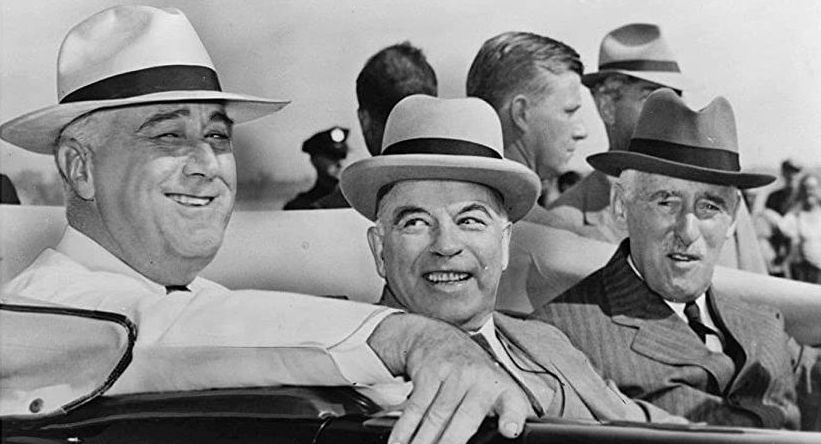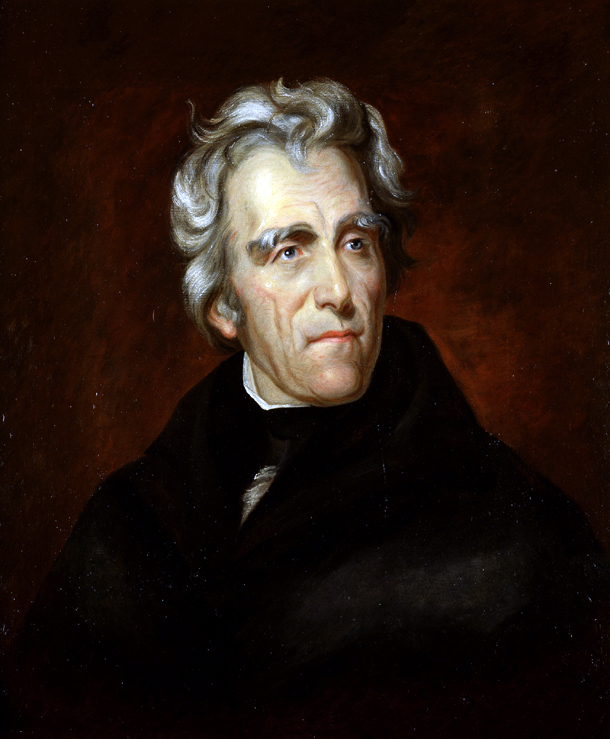
October 2022
Editor’s Note: Greg Melville teaches English at the U.S. Naval Academy and is the author of several books, including Over My Dead Body: Unearthing the Hidden History of America's Cemeteries, from which this essay was adapted.


Editor’s Note: Robert Mitchell is an editor with the Washington Post News Service and the author of two books on American history, including Congress and the King of Frauds: Corruption and the Credit Mobilier Scandal at the Dawn of the Gilded Age, from which he adapted this essay.
(From In Search of a Kingdom: Francis Drake, Elizabeth I, and the Perilous Birth of the British Empire
Queen Elizabeth’s favorite pirate, Francis Drake, was a hot-tempered, red-haired rogue who plundered and pillaged his way to the ends of the earth. A brash hustler who beguiled the nearly insolvent young queen of England with promises of gold and silver, and tales of heroic quests in distant lands.

Editor’s Note: Peter Shinkle worked for two decades for various news organizations, including, most recently, the St. Louis Post-Dispatch. We asked him to provide an overview of his most recent book, Uniting America: How FDR and Henry Stimson Brought Democrats and Republicans Together to Win World War II, which looks at the under-appreciated importance of bipartisanship during World War II.

Editor's Note: David S. Brown teaches history at Elizabethtown College in Pennsylvania. He is the author of The First Populist: The Defiant Life of Andrew Jackson, from which this essay was adapted.
Andrew Jackson, the first president to be born in a log cabin, to live beyond the Appalachians, and to rule, so he swore, in the name of the people, refuses to fade away. Controversial in his own day, he remains unrepentant.
